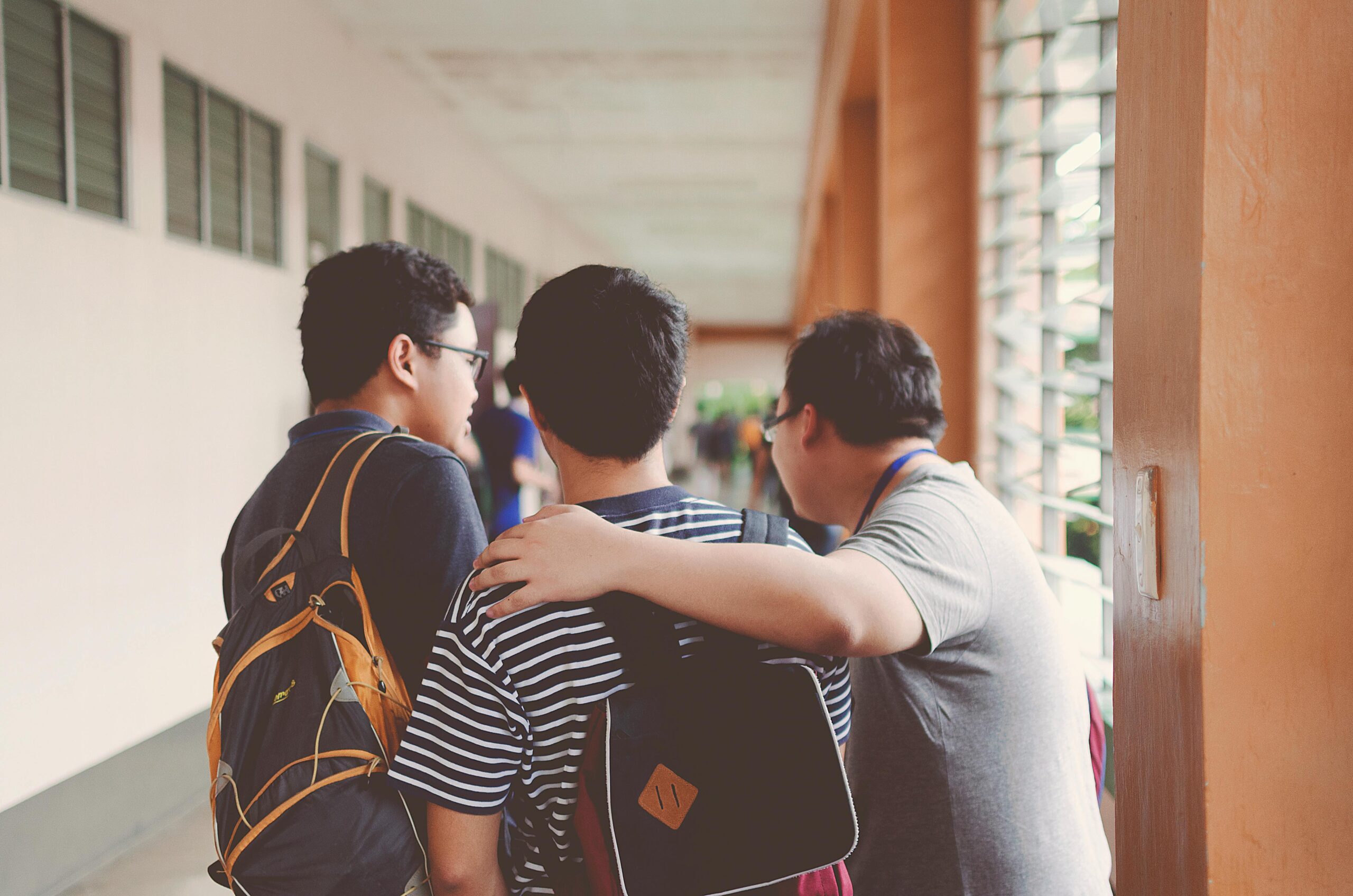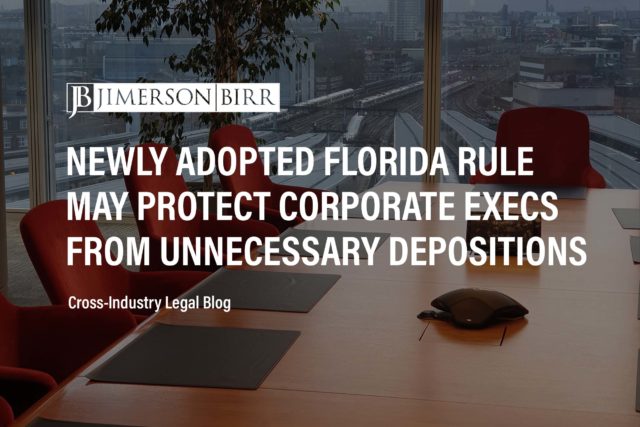How does student and faculty discipline affect schools?
Student and faculty discipline significantly impact schools in several ways, shaping the overall learning environment, student outcomes, and institutional reputation. Effective student discipline policies and practices contribute to a safe, orderly, and conducive learning environment where students can focus on academic achievement and personal growth. Schools that prioritize and enforce discipline standards foster a sense of respect, responsibility, and accountability among students, promoting positive behavior and reducing disruptions in the classroom. Conversely, inadequate or inconsistent discipline measures may lead to disruptions, conflict, and a lack of engagement in learning activities, ultimately hindering academic progress and student success.
Moreover, student discipline practices can impact school climate and perception, influencing factors such as student enrollment, teacher retention, and community relations. Similarly, faculty discipline policies and procedures are essential for maintaining professionalism, ethical conduct, and a supportive work environment among educators and staff. Clear expectations, fair procedures, and consistent enforcement of discipline standards help promote mutual respect, collaboration, and effective teamwork among faculty members, contributing to a positive school culture and organizational effectiveness.
Need help regarding student and faculty discipline? Schedule your consultation today with a top education attorney.
In Florida, which laws regarding student and faculty discipline apply to schools?
In Florida, schools are subject to the same federal immigration laws that apply to businesses across the United States. Some of the key immigration laws and regulations that affect schools in Florida include:
- Florida Statutes, Chapter 1012: This set of statutes specifically addresses educator certification and professional development. It outlines the standards of ethical conduct for instructional personnel and school administrators, as well as the disciplinary actions that may be taken against educators for misconduct.
- Florida Statutes, Chapter 1003: This chapter of the Florida Statutes outlines the general requirements and regulations for K-12 education in the state, including provisions related to teacher certification, school district operations, and educational accountability.
- Florida Statutes, Chapter 1006: Chapter 1006 of the Florida Statutes addresses the powers and duties of school boards and district school superintendents, including their authority to adopt and implement discipline policies and procedures for students and employees.
- Florida Administrative Code, Chapter 6A: Chapter 6A-6 of the Florida Administrative Code establishes rules and standards for the operation of public K-12 schools in Florida. This chapter addresses various aspects of student conduct, discipline, and due process rights, as well as the responsibilities of school administrators in enforcing discipline policies.
What are common issues regarding student and faculty discipline that lead to litigation?
Several common issues regarding student and faculty discipline can lead to litigation, as disputes arise over the implementation, enforcement, and fairness of disciplinary actions. Some of the key issues include:
- Due Process Violations: Allegations of due process violations, such as the denial of notice, the right to be heard, or the opportunity to present evidence, can lead to litigation. Students or faculty members may challenge disciplinary actions if they believe their procedural rights were not adequately protected during the disciplinary process.
- Disproportionate or Arbitrary Discipline: Litigation may occur when disciplinary actions are perceived as disproportionate or arbitrary, leading to allegations of unfair treatment or discrimination. Students or faculty members may challenge disciplinary decisions if they believe they were subjected to harsher penalties than warranted or if disciplinary actions were based on subjective or biased factors.
- Retaliation Allegations: Retaliation allegations can arise when students or faculty members believe they were disciplined in retaliation for exercising their rights or reporting misconduct. Retaliation claims may involve allegations of punitive actions taken in response to whistleblowing, complaints of harassment or discrimination, or other protected activities.
- Disability Discrimination: Issues related to disability discrimination may lead to litigation if disciplinary actions are perceived as discriminatory or fail to accommodate students or faculty members with disabilities. Schools have a legal obligation to provide reasonable accommodations and support services to individuals with disabilities, and failure to do so may result in allegations of discrimination and legal challenges.
- Free Speech and Academic Freedom: Disputes over free speech rights and academic freedom may arise if disciplinary actions are perceived as infringing on constitutionally protected speech or academic expression. Students or faculty members may challenge disciplinary measures that they believe restrict their ability to express opinions, engage in academic inquiry, or participate in campus activities.
- Contractual Violations: Faculty members may bring legal action against schools for alleged breaches of employment contracts or collective bargaining agreements related to disciplinary matters. Disputes may arise over whether disciplinary actions were consistent with contractual provisions, including procedures for disciplinary investigations, hearings, and appeals.
To determine whether your unique situation may necessitate litigation, please contact our office to set up your initial consultation.
What steps should schools take to minimize the risk of litigation over student or faculty discipline?
To minimize the risk of litigation over student and faculty discipline, schools should implement proactive measures to ensure fair, consistent, and legally compliant disciplinary practices. Here are some key steps schools can take:
- Develop Clear and Comprehensive Discipline Policies: Schools should establish clear and comprehensive discipline policies and procedures that outline expectations for student conduct, disciplinary offenses, and consequences. These policies should be communicated effectively to students, faculty, and staff members, ensuring everyone understands their rights and responsibilities in disciplinary matters.
- Provide Training and Education: Schools should provide training and education to administrators, faculty, and staff members on discipline policies, procedures, and best practices. Training should address topics such as due process requirements, non-discrimination principles, conflict resolution techniques, and strategies for promoting positive behavior and preventing disciplinary issues.
- Ensure Consistent Enforcement: Schools should enforce discipline policies consistently and impartially, treating all students and faculty members fairly and equitably regardless of race, ethnicity, gender, disability, or other protected characteristics. Consistent enforcement helps mitigate the risk of allegations of discrimination, bias, or arbitrary decision-making, reducing the likelihood of litigation.
- Implement Due Process Safeguards: Schools should ensure that disciplinary procedures incorporate due process safeguards, such as providing notice of charges, the right to a hearing, the opportunity to present evidence and witnesses, and the right to appeal disciplinary decisions. Due process protections help safeguard individuals’ rights and minimize the risk of litigation over procedural fairness.
- Address Underlying Issues: Schools should address underlying factors contributing to disciplinary issues, such as bullying, harassment, mental health challenges, or academic struggles. Implementing proactive interventions, support services, and positive behavior interventions and supports can help prevent disciplinary incidents and promote a positive school climate.
- Document Disciplinary Actions: Schools should maintain accurate and detailed records of disciplinary incidents, investigations, and actions taken, documenting the reasons for disciplinary decisions and any supporting evidence or documentation. Comprehensive documentation helps demonstrate the rationale behind disciplinary actions and provides a record of compliance with legal requirements.
- Foster Communication and Collaboration: Schools should foster open communication and collaboration among stakeholders, including students, parents, faculty, staff, and community members, to address disciplinary issues effectively. Building strong relationships and partnerships can help resolve conflicts, identify solutions, and prevent escalation to litigation.
Frequently Asked Questions
What rights do students have in the disciplinary process?
Students have certain rights in the disciplinary process, including the right to receive notice of disciplinary charges, the right to a fair and impartial hearing, the right to present evidence and witnesses on their behalf, and the right to appeal disciplinary decisions. Schools must ensure that students’ due process rights are protected throughout the disciplinary process.
What types of misconduct can lead to disciplinary action for faculty members?
Faculty members may face disciplinary action for misconduct or violations of professional standards, such as unethical behavior, neglect of duty, incompetence, harassment or discrimination, misuse of authority or resources, and criminal conduct. Schools typically have policies and procedures in place for addressing faculty misconduct and imposing disciplinary sanctions when warranted.
What rights do faculty members have in the disciplinary process?
Faculty members have certain rights in the disciplinary process, including the right to receive notice of disciplinary charges, the right to a fair and impartial hearing, the right to representation, and the right to appeal disciplinary decisions. Schools must ensure that faculty members’ due process rights are protected and that disciplinary actions are administered fairly and consistently.
Have more questions about student or faculty discipline?
Crucially, this overview of student and faculty discipline does not begin to cover all the laws implicated by this issue or the factors that may compel the application of such laws. Every case is unique, and the laws can produce different outcomes depending on the individual circumstances.
Jimerson Birr attorneys guide our clients to help make informed decisions while ensuring their rights are respected and protected. Our lawyers are highly trained and experienced in the nuances of the law, so they can accurately interpret statutes and case law and holistically prepare individuals or companies for their legal endeavors. Through this intense personal investment and advocacy, our lawyers will help resolve the issue’s complicated legal problems efficiently and effectively.
Having a Jimerson Birr attorney on your side means securing a team of seasoned, multi-dimensional, cross-functional legal professionals. Whether it is a transaction, an operational issue, a regulatory challenge, or a contested legal predicament that may require court intervention, we remain tireless advocates at every step. Being a value-added law firm means putting the client at the forefront of everything we do. We use our experience to help our clients navigate even the most complex problems and come out the other side triumphant.
If you want to understand your case, the merits of your claim or defense, potential monetary awards, or the amount of exposure you face, you should speak with a qualified Jimerson Birr lawyer. Our experienced team of attorneys is here to help. Call Jimerson Birr at (904) 389-0050 or use the contact form to schedule a consultation.

We live by our 7 Superior Service Commitments
- Conferring Client-Defined Value
- Efficient and Cost-Effective
- Accessibility
- Delivering an Experience While Delivering Results
- Meaningful and Enduring Partnership
- Exceptional Communication Based Upon Listening
- Accountability to Goals











